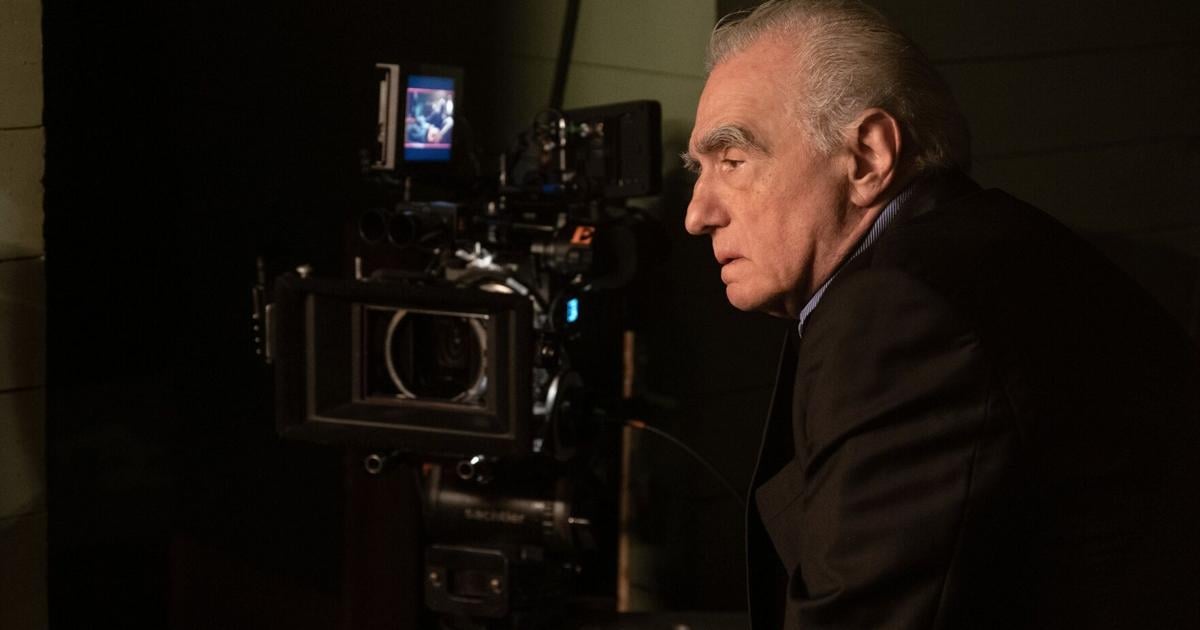This fall, thousands of Toronto workers have been called back to a physical office for three, four, even five days a week.
For the 200,000 or so employees of the four big banks, working from home is now a once weekly treat — or a distant dream. Provincial government public servants are in office four days a week starting Oct. 20, ramping up to the full five days come January 5. And the University of Toronto has recalled over 6,000 admin. staff to campus full-time as of the new year.
Between our rusty social skills, new technology and office layouts and the tides of cultural change, the office looks and feels very different from the place left empty in March 2020 — and the potential for etiquette breaches in this public-meets-private space are vast.
Cubicles are out, choose-your-own-logistical-nightmare open-plan hot-desking is in. Video calls — even between people in the same building — have replaced the desk landline while face-to-face chats are supposed to take place in meeting rooms that are harder to find than a Sad Desk Salad for under $20.
Younger workers may be venturing into this fluorescent-lit landscape for the first time, while others are re-emerging into the IRL corporate jungle after nearly five years of WFH, often a softer place in terms of both waistbands and decibel levels.
“We just can’t assume that everyone knows what is considered acceptable or not in the office,” said Deborah Bottineau, managing director at employment agency Robert Half. She’s seen friction over office behaviour arise from both employer and employee sides, and emphasizes that it’s the boss’s responsibility to communicate expectations of office conduct via employee handbooks or town halls.
“If we don’t have that framework in place, our employees fall into a little bit of a trap,” she said. “Brushing up on those policies, but then modernizing them, is what’s going to be really important to ensure employees are coming back to a safe and healthy workplace.”
But the subtleties of human behaviour — like the unspoken rule that you’d never take the stall next to an occupied one unless the washroom is completely full — often can’t be addressed in even the most comprehensive HR document. So we tapped a team of workplace experts to break down office etiquette for 2025.
The office workspace
If there’s one overarching way offices have changed, it’s that almost no one has their own desk. Hence the rise of territorial disputes that were nonexistent when everyone had their own spot on the floor plan. “There have often been times when the desk that I booked has been taken by somebody else,” said Rachel Trinh, who works in Fintech in Markham. While this has improved as her employer has added more seating, “it’s hard to find a meeting room and quiet space during our busiest days.”
That’s an experience echoed by several members of the networking club Monday Girl, who asked to share their gripes anonymously. “It’s not hot-desking itself that bugs me, it’s when people don’t bother booking in advance,” said one. “I’ll plan ahead, reserve a desk and then show up to find someone sitting there. It just makes things awkward and throws off my day because I feel displaced.”
Another member said her company reduced office floors, introduced hoteling, and mandated sales teams back five days a week. “In practice, hoteling quickly devolved into a first-come, first-serve scramble, leaving people scattered away from their teams,” she said. “Many people started using meeting rooms as office space, which made it difficult to find available rooms for calls or meetings — or led to the awkwardness of having to ask someone to leave. About half the time people are just sitting at their desk taking the meeting virtually and the meeting room goes unused. If you no longer need the room, cancel the booking. And when you do use it, arrive and leave on time!”
Unique complications have arrived with the rise of the privacy pod, a coveted bit of real estate to take calls or just tune out the three simultaneous Teams calls happening around you. “Sometimes the privacy pods do get very packed and folks tend to stay in there longer than the drop-in time,” said Trinh. When someone overstays their corporate-mandated two hours? “We usually just sigh and go back to our desks or check another floor.”
If you want to address these breaches — or any other interpersonal situation at work — Toronto etiquette expert Pat Stonehouse recommends proceeding with care and caution.
“Approach the person when you are calm and not upset. Do it in person and in a private setting; never by email, as email has no emotion and can easily be misinterpreted,” she advised. “Rehearse what you are going to say. Politely approach them, and be specific and to the point.”
End the chat with a thank you, and resist the urge to debrief with your work bestie. “Show respect and civility,” Stonehouse said. “The workplace shouldn’t be a spinoff of a reality TV show.”
Conversational noise pollution is another common complaint. “Sometimes I’ll be on an important call, and it gets really distracting when others around me are speaking loudly on their [calls] or chatting among themselves,” said Vaughan IT professional Aryan Kathuria. “Most of the time I just put my headphones on and pretend I can’t hear anything. But if it gets too much, I’ll politely say something like, ‘Guys, I’m on a call.’ Otherwise it’s pure silent suffering.”
There’s always that one person who thinks they don’t need to wear headphones while taking a call in the middle of an open-plan office. That’s a hard no, said Nora Jenkins Townson, founder of a Toronto HR consulting firm. “Aside from being disruptive, the people you’re zooming with likely assume you’re in a private space and will share information as such,” she said. “Even with headphones, if you know you’re going to be in a long meeting where you’re talking a lot, find a quiet spot or pick a stay-home day.”
The office kitchen
In the age of the $25 sandwich, many of us are bringing food to work and eating at our desks. But would an etiquette expert approve of that? “Generally speaking, your lunch should be eaten outside of your office space,” said Stonehouse, especially if you’re eating something crunchy like chips, or with a strong odour. (Like that salmon you thought wasn’t a war crime to warm up in the office microwave.) But it’s not a no-no to eat at your workstation. “Many people snack at their desk. Just make sure you’re not annoying other co-workers. Also, clean your desk afterwards.”
Shared kitchen appliances like the microwave, fridge, coffee maker and toaster can raise interpersonal temperatures. “One of my biggest pet peeves is when people leave the coffee station messy — sugar and cream everywhere, spilled coffee on the counter — and no one bothers to wipe it down,” said Kathuria. “It takes two seconds to clean it up, but somehow it never happens!”
When it comes to the fridge, a similarly considerate approach is called for: Use airtight and leak-proof containers for your food, wipe up any spills immediately and throw away anything that might be spoiled. “Don’t hog the space,” Kathuria added. “And never take food that doesn’t belong to you. That is stealing!”
Trinh was a victim of fridge thievery at a previous job. “I had my lunch stolen twice,” she said. The culprit was never unmasked, but did seem deterred when she started writing her name on her food in Extra-large letters. “I also didn’t like how people left their dishes in the sink,” she added.
There can also be a “you can’t sit with us” attitude that calls to mind a high school cafeteria. “The environment feels quite cliquey, with people forming their own groups and not being particularly friendly,” said one anonymous contributor. “It seems to start with the executives and managers, as they don’t invite others for lunch or coffee.”
The office bathroom
A commonly held office gripe is that shared washroom etiquette has gone the way of the metal subway token. “We think there is someone who will clean this up for me so we forget all decorum,” said one office worker.
There’s an entire thread devoted to all the ways that “office restrooms are terrible” on the WFH Reddit. One commenter bemoaned unsolicited chatting mid-powdering-their-nose, euphemistically speaking. “I’ve had people start conversations while I was in a stall,” they wrote. “Also hate when I’m just trying to use the bathroom and there’s a gathering of ladies in there just chatting and carrying on conversations.”
Over in the men’s washrooms, one Redditor recounted in disbelief how colleagues discuss work while standing side-by-side at the urinals, “maintaining eye contact while they p — s and talk about this week’s deliverables.”
From an HR perspective, Jenkins Townson said that as long as you’re being considerate of your colleagues, it’s OK to treat the office bathroom as your own. “A washroom is a private space, communal or not,” she said. “Feel free to brush your hair, brush your teeth or apply a full beat of makeup. Just don’t disturb other people — no perfume spraying! — or leave a mess behind.”



